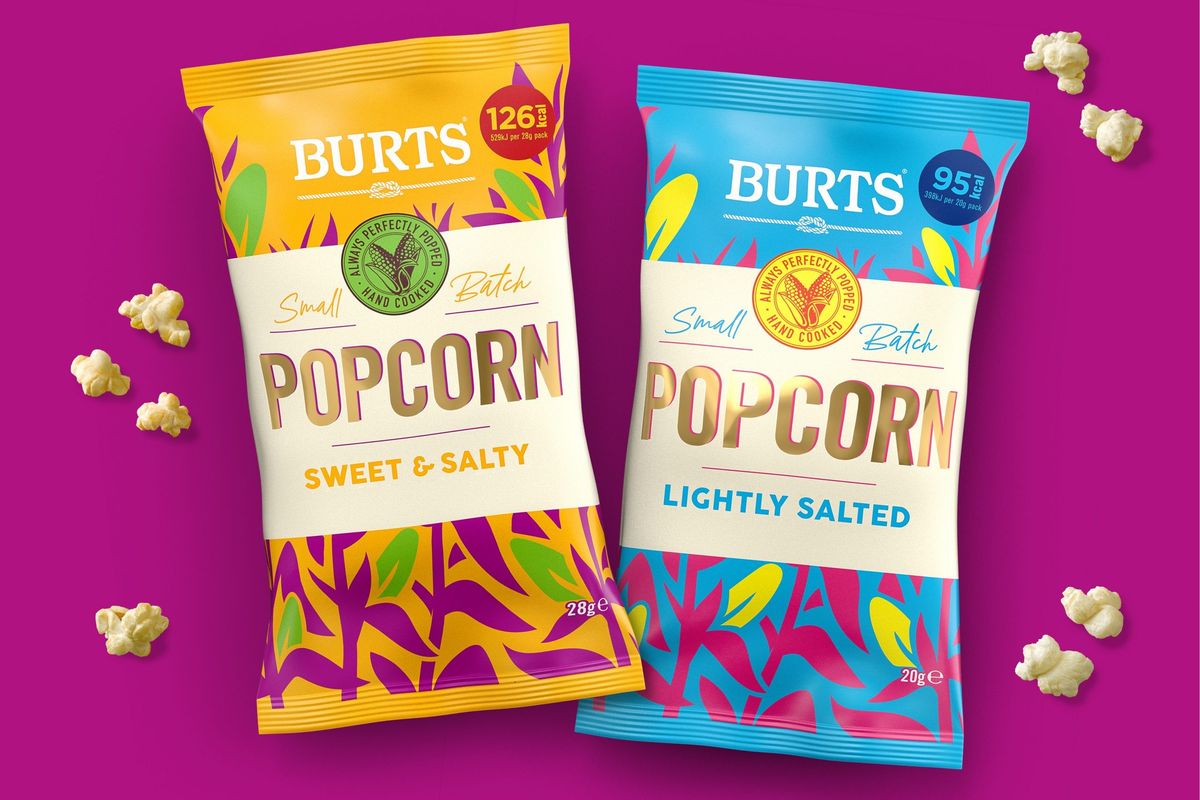Europe Snacks, one of Europe's leading private label manufacturers of crisps and snacks, has announced the acquisition of Burts Snacks to accelerate its growth in the UK.
Backed by Apax Partners, Europe Snacks Group entered the UK with the acquisition of Kolak Snack Foods in 2016. The Paris-based firm said the latest acquisition represents a new step in its local development, as the product portfolios of the two companies are highly complementary.
“In a very uncertain economic context, it is essential to reach critical size to continue to develop our employees and invest in our industrial tool. This transaction was carried out thanks to the trust of our shareholders and I am very proud to welcome Burts' teams to the group,” Etienne Lecomte, Europe Snacks chief executive, said.
Burts will continue to operate from its two production sites in Plymouth and Leicester, reporting to managing director Dave McNulty. The acquisition is expected to be completed in March.
Jitu Patel, president of Burts, commented: “Burts develops premium snacking products with a track record of growth without compromising on quality. Since my investment in the company in 2006, the company has experienced impressive growth. I have great admiration for Europe Snacks, I am convinced that this acquisition will offer great opportunities, as the two companies are complementary and share common values. I have been honored to work with the Burts family all these years. I wish the new group every success in the years to come.”
Bruno Candelier, partner at Apax, added: “Since our investment in Europe Snacks, we have always supported the management team and the company to be at the forefront of innovation and grow its business, particularly in the UK with the strategic acquisition of Kolak in 2016. The acquisition of Burts is fully in line with the roadmap anticipated at the time of our initial investment.”


